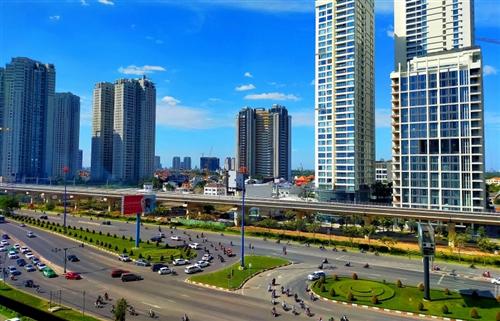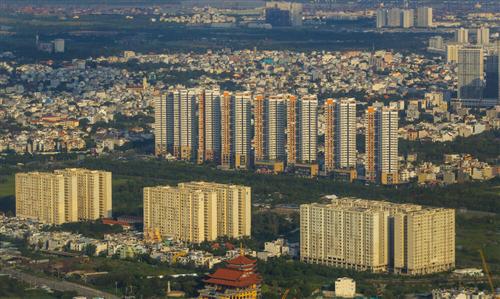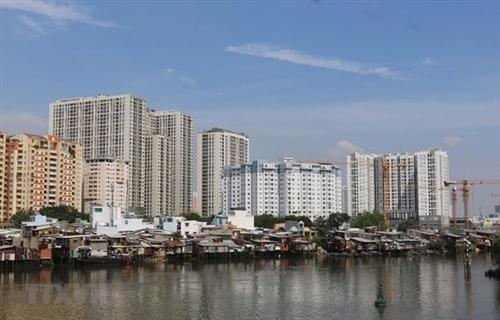Pandemic could become catalyst for M&A within real estate market
Pandemic could become catalyst for M&A within real estate market
The current serious impacts of the coronavirus pandemic are expected to eventually lead to more opportunities for investors, as existing developers run out of funds and are forced to withdraw from large-scale projects.

Pandemic could become catalyst for M&A within real estate market - illustration photo
|
According to Su Ngoc Khuong, senior director at Savills Vietnam, 2020 has thus far been a difficult period for local and international property investors. However, for cash rich, sector-experienced financiers it will also be a time of great opportunity, in overseas markets as well as in Vietnam, as those who have over-extended are forced into rapid divestment.
“A trend on the rise since 2019 is for investor groups to seek to partner with others to develop larger-scale merger and acquisition (M&A) opportunities,” said Khuong. “In Vietnam we estimate that there are deals of this nature, currently under negotiation, valued at well over half a billion dollars.”
In addition, the government is currently implementing robust directives to support property and business through the slowdown.
“With this increased liquidity, and a potentially opportunity-rich investment environment, we anticipate that when the pandemic eases, more and more investors will plough new capital into Vietnam’s real estate sector,” Khuong added.
Amid the coronavirus outbreak, a number of projects reported delays in construction, resulting in fewer units than expected being launched. This is likely to increase house prices in the aftermath of the pandemic.
The health emergency can be considered an opportunity for some financiers to gain assets at a more reasonable price, as well as become involved in exciting projects with plenty of potential.
Meanwhile, Doan Van Binh, chairman of CEO Group, also confirmed that although the Vietnamese real estate market is suffering, there are still many bright spots and it will be the industry that promises to recover sooner than others after the virus is under control.
The most attractive sector right now is mid-end housing, which is in high demand but has limited supply, factors which are attracting increased M&A and foreign investment.
According to Binh, the Vietnamese government has issued a series of fiscal and monetary instruments to support investors and buyers, boosting public investment to stimulate demand, creating jobs, and pushing up purchasing demand. The government has also issued policies to reduce and extend the timeline for paying tax for enterprises.
Most importantly, the government has also drastically implemented measures to promote the disbursement of public investment capital, which has had a strong impact on the real estate market.
Furthermore, Vietnam’s economy is more integrated into the global economy. In 2020, Vietnam is ranked 105 in the world’s Economic Freedom Index, 23 places higher than last year.
Vietnam is in a golden population stage and is the country with the highest urbanisation speed in the world. It provides a powerful driving force for the development of the housing market, regardless of the impact from COVID-19. Strong population growth in urban areas has created loud requests for new housing projects.
A 2019 survey by HSBC placed Vietnam as one of the top ten best places to work for foreign experts, showing that Vietnam is one of the safest countries in the world to do business.
“With increasingly open policies for Vietnamese living overseas and expats, who are now permitted to own property in Vietnam, the real estate market promises to make a breakthrough in the near future when the pandemic is over,” said Binh.
























